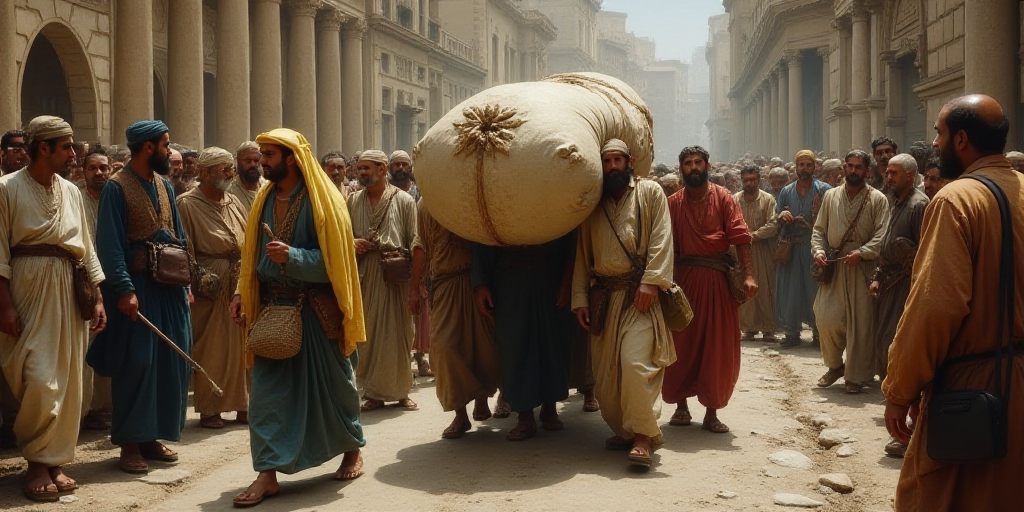Background on the Situation in Gaza
The Gaza Strip, a Palestinian territory located on the eastern coast of the Mediterranean Sea, has been under the control of the Hamas militant group since 2007. The region faces significant challenges, including a severe humanitarian crisis exacerbated by an ongoing blockade imposed primarily by Israel, with Egypt also playing a role. The blockade has severely restricted the movement of people and goods, leading to shortages of essential items such as food, medicine, and fuel.
The Current Crisis
According to authorities within Hamas, more than 120 people have died in Gaza due to starvation. This grim milestone highlights the dire consequences of the prolonged blockade and the subsequent economic hardship faced by Gaza’s residents. The situation has been further complicated by the COVID-19 pandemic, which has strained already limited resources and healthcare systems.
Hamas’s Appeal to Arab and Islamic Countries
In response to this worsening humanitarian crisis, Hamas authorities have called upon Arab and Islamic countries to take action. They urge these nations to sever diplomatic ties with Israel and collaborate to alleviate the suffering of the Palestinian people in Gaza.
Proposed Solutions
- Breaking Diplomatic Ties with Israel: Hamas authorities are asking Arab and Islamic countries to cut diplomatic relations with Israel as a show of solidarity and pressure for change.
- Ending the Blockade: They are advocating for joint efforts to end the blockade, which has caused immense suffering and limited access to basic necessities for Gaza’s residents.
- Establishing Humanitarian Corridors: Hamas is calling for the creation of humanitarian corridors to facilitate the flow of essential goods, including food and medical supplies, into Gaza.
Impact on the Palestinian Population
The consequences of this crisis are dire for the Palestinian population in Gaza. Malnutrition, stunted growth among children, and a lack of access to healthcare have become commonplace. The situation has also led to increased poverty, unemployment, and social unrest.
International Response
While Hamas calls for action from Arab and Islamic countries, the international community’s response has been mixed. Some nations and organizations have expressed concern over the humanitarian situation in Gaza, while others have maintained their diplomatic and economic ties with Israel. The United Nations and various non-governmental organizations have been working to provide humanitarian aid to Gaza, but their efforts are often hampered by the ongoing blockade.
Key Questions and Answers
- What is the current humanitarian crisis in Gaza? The ongoing blockade has led to severe shortages of essential goods, including food and medicine, resulting in malnutrition, stunted growth among children, and limited access to healthcare. Over 120 starvation deaths have been reported by Hamas authorities.
- What actions is Hamas urging Arab and Islamic countries to take? Hamas is calling for these nations to break diplomatic ties with Israel, work towards ending the blockade, and establish humanitarian corridors to facilitate the delivery of essential goods to Gaza.
- How has the international community responded to the crisis in Gaza? The international response has been varied, with some nations and organizations expressing concern while others maintain ties with Israel. The United Nations and NGOs have attempted to provide aid, but their efforts are often restricted by the blockade.






